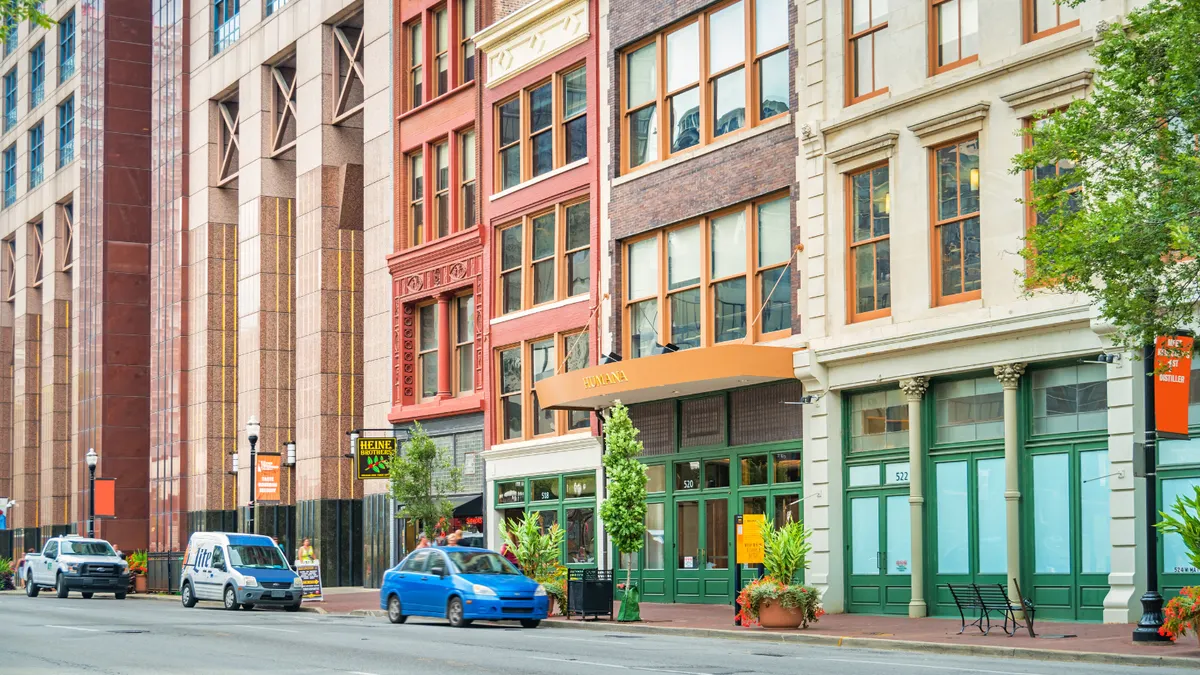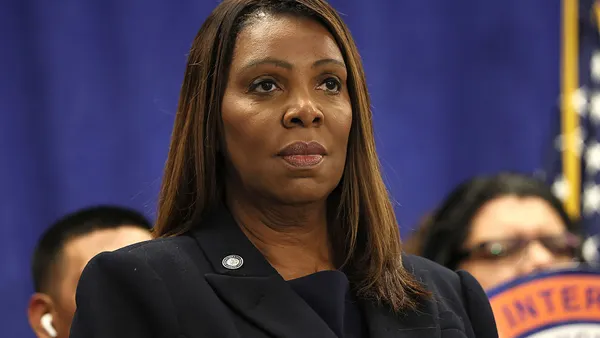Louisville, KY faced a challenge familiar to many North American cities: high contamination rates and a need for local waste and recycling education at scale.
Even in cities with the most robust outreach and engagement teams, resident participation can be inconsistent, and contamination issues—fueled by wish-cycling and a lack of accessible information—can pose a serious challenge. This confusion often drives residents to search for answers on Google, where they might find incorrect or non-local guidance, or they may give up on better recycling and waste disposal habits altogether.
While AI-powered tools may offer an innovative solution to this long-standing problem, they often come with hefty price tags that are prohibitive for many mid-sized or smaller municipalities.
For local governments, the result is costly: materials that could have been diverted end up in the landfill, while staff are flooded with 311 calls and frustrated residents.
The team at Louisville sought to decrease contamination by focusing on smarter, more targeted communication and saw a significant increase in the volume of recyclable materials collected.
Louisville’s Education-First Approach
In 2019, Louisville’s Solid Waste education team, kNOw Waste, launched a partnership with Recycle Coach to modernize its resident education strategy. Alongside traditional outreach methods, the city empowered its residents by providing:
- Access to the 'What Goes Where' material search tool
- Collection pick-up reminders and alerts for service changes
- Interactive, locally compliant education on waste and recycling
In 2023, the Waste Management District kicked off its Recycle Right bilingual tagging program to help residents understand what they got wrong or right in their bins, directly at the curb: green tags for no visible contaminants, yellow for bins with smaller amounts or less serious contaminants, and red for unacceptable materials.
Combining this tactic with Recycle Coach, the city reinforced those lessons digitally. On each bin tag, a QR code was included. This prompted residents to download the free app and learn how to properly dispose of contaminants via the search tool, turning a single warning tag into lasting behavior change.
The Results
Since launching the program, green tags have increased by 74%, yellow tags have decreased by 36%, and weekly material searches in the Recycle Coach ‘What Goes Where’ tool have increased by as much as 30%.
Louisville residents have also improved their scores on educational modules by 26% year-over-year when asked about material disposal rules.
This success was tied directly to better-informed residents who were:
• More confident in their recycling decisions
• Less likely to contaminate the stream with non-accepted items
• More engaged with waste-related communications
By integrating real-time digital tools with hands-on curbside tagging, Louisville reduced contamination, improved the quality of collected materials, and lowered the volume of corrective actions needed.
What Other Cities Can Learn
Louisville’s success proves that better recycling outcomes aren’t solely reliant on expensive infrastructure investments. Education and behavior changes, supported by digital tools, can deliver measurable results. Recycle Coach makes it easy to:
- Deliver consistent, locally compliant information
- Send timely reminders and updates
- Engage communities in waste and recycling initiatives
For cities striving to meet recycling goals, a smarter communication strategy can make all the difference.
Learn how Recycle Coach can help your city cut curbside confusion and keep residents engaged and informed. Visit recyclecoach.com/solutions to see why we’re trusted in more than 1,700 municipalities across North America.










